|
President Joseph R. Biden, Jr., declared Juneteenth a federal holiday in celebration of the official end of legalized slavery in the United States of America on June 18, 2021. More than a decade before that momentous event, the late author Robert T.S. Mickles, Sr. (1953-2021) published the novel Blood Kin, A Savannah Story. Mickles’ novel takes readers inside the painful ambiguities of slavery as his ancestors, some of whom were slaves, and some of whom were slave traders, experienced them. The following foreword from Blood Kin is the first of two statements scheduled to acknowledge Mickles’ enduing literary legacy, and, in observance of Juneteenth 2022. Foreword to Blood Kin, A Savannah Story As this book goes into publication (2007), the city of Savannah is involved in the process of reinterpreting the significance, artifacts, and impact of slavery that was practiced here during the 1700s and 1800s. This reinterpretation is not so much about dredging up the pains and shames of an inglorious past as it is about setting straight the historical record of people who lived daily through “the peculiar institution of slavery.” As much as facts tell us about specific events and practices in history, they rarely give us the full story of the human hearts beating in the shadows of those events. Blood Kin is a story of those human hearts as told by Robert T.S. Mickles, Sr., great-grandson of former slaves on his father’s side of his family and a descendant of Portuguese slave traders on his mother’s side. Born in Savannah, Georgia, in 1953, Mickles moved with his family to Washington D.C. just three years later. Growing up in Washington, he knew nothing about his deeper southern roots. That changed when he turned thirteen years old and his mother sent him back to Savannah to live with his father in the city’s historic community of Sandfly. In Savannah, his grandmother, Mrs. Beulah Tremble, told him stories of what life had been like for slaves in the region. Having been born in 1888, first-hand accounts of slavery were typical subjects of conversation while she grew up herself. She kept and shared the knowledge passed on to her until her death at the age of 100 in 1988. Mickles recalls that many of her stories were about harsh times, but a lot were about days of memorable joy. In addition to his grandmother, many others shared their stories with Mickles throughout his teen years, entrusting to him a rare treasury of valuable folk history. With the legacy of his grandmother’s stories and his community’s history, Mickles stepped behind Savannah’s fabled “moss curtain” to reveal an original literary vision of human beings discovering their deepest humanity in the midst of war, racial oppression, individual fear, and individual hope. Although Savannah for a period was a major location for the import and sale of slaves, Mickles shows how it was also a place where the line between those who were “free” and those who were enslaved was sometimes a bit more relaxed than in many rural areas of the South. This is not to say that the author excuses an institution ultimately responsible for the death of untold millions, or that he views slavery through proverbial rose-colored glasses. It is, however, to say that he is willing to examine the cracks and crevices of history in order to tell a story others might not be willing—or even able, for that matter—to tell. It is the story of how Blacks and Whites stumbled across the dividing lines of race and slavery only to discover that each was as flawed, needy, and human as the other. Above all, Mickles provides us with an insightful novel of how our sense of humanity preserves itself when assaulted with the degradation of denial, shame, and physical brutality. His Blood Kin is a story that retrieves dignity from the trash pile of disgrace and restores it to a place of honor and value. It is one with which many can identify and which, quite possibly, all should embrace. Aberjhani |
| | |
Distance Making Hearts Grow Fonder
Alphonse,
Penthe in Paris--A letter from a sweet girl to her
beloved friend back home in New Orleans.
You know I am not sweet.
Ha!
They want us to practice writing in a foreign language, so
I am writing this in English. We are trilingual, you and
I, -- our native Creole, French, and English.
That makes us complex...
Adieu,
Penthe
One letter comes from Alphonse after Penthe writes him to confess she may allow herself to be seduced by a "knucklehead...strapling youth" with a reputation for introducing willing young women to sex. It is not the response either Pense or the reader might have expected:
Penthe,
I will not come to Paris to save you.
Are you just trying to be funny with all of your ha-ha's?
Justine is barely a passing fancy. I cannot see you
with a knucklehead.
I will want you any way you are--
Je t'aime,
Alphonse
Exchanging letters becomes a practice on which they depend during several trials of separation. It is to the author's credit that he fashions this technique as deftly as he does into an already impressive collage of linguistic versatility.
Complications of Love, War, and Race
| | |
Racism directed against Penthe is something Alphonse makes clear he will not tolerate. When another man calls her "a part-nigger whore," he challenges him to a dual and manages to shoot him without killing him. At the same time, he suffers through moral ambivalence when it comes to fighting in the Civil War, demonstrating how complex the issues behind it truly were: "If the Yankees invade, I will fight them. I will fight, but I am not too thrilled. I will not be morbid in front of Penthe Anne." Such reasoning brings to mind the song by Sade: Love Is Stronger Than Pride.
From one minimalist chapter to the next, they love their way through war, two epidemics of Yellow Fever, race riots, the demands of grandchildren, and old age. Looking at a printed copy of Penthe & Alphonse, or even just the cover on a screen after reading the book, gives the feeling of staring at an optical illusion because Morneweg has managed, somehow, to deliver much more than what appearance promises. The range of time covered, scope and depth of emotions engaged, and intricacy of styles employed seem too much for the pages containing them.
What Geek Bookaholics Often Do
| | |
In the course of reading Penthe & Alphonse, I began to do what geek bookaholics often do when sensing that within their hands is not just a good book but a rare and beautiful kind of priceless mind. I began attempting to discern who the author's strongest literary influences had been. I could hear William Faulkner's spirit wandering between lines while meditating on the nature and traumas comprising the identity (or should we now say identities?) of the American south. But who were the others?
The answer came one day when I was discussing the title with a friend and she loaned me a copy of a booklet about one Mark Louis Morneweg published by El Portal Press. In it, he noted his passion for "Miss Emily [Dickinson]"along with deep appreciation for others who had also helped stir to action my own pen. Among them: Federico Garcia Lorca, Pablo Neruda, James Joyce, Shakespeare, Franz Kafka, Marcel Proust, and Albert Camus.
He shared these words in regard to his approach to writing fiction: "Unplanned adventures in literature. An idea pops into your head and you go from there. Nothing structured or laid out beforehand. Just one word comes and you have an entire chapter to write and that is great..." (The only time I had ever allowed myself that kind of compositional freedom was while writing Christmas When Music Saved the World, later titled Songs from the Black Skylark zPed Music Player.)
Maybe even more importantly for the purposes of this essay, he told us this: "...I am a prose stylist with some amazingly short chapters. Some chapters that are poems. Prose poems." And added: "Penthe is about taking risks. Artistic risks. Passion..." The risk was one that paid off extremely well because ultimately Penthe & Alphonse succeeds as both an epic poem and an amazing novel.
Moreover, in addition to taking risks, it is also about what Lady Gaga refers to as the right to curate one's life as one sees fit. Along those same lines, Morneweg chose not to douse the flames of his startling creative literary inventiveness. He chose instead to feed the fire with boldness sufficient enough to increase its light and heat so others could gather around and savor the prize of unexpected beauty.
| | |
By Aberjhani
Harlem Renaissance Centennial
Co-author of Encyclopedia of the Harlem Renaissance
Author of Greeting Flannery O'Connor at the Back Door of My Mind
| | |
Archives
November 2023
June 2023
February 2023
December 2022
June 2022
February 2022
November 2021
September 2021
April 2021
March 2021
December 2019
November 2019
June 2019
May 2019
March 2019
January 2019
October 2017
July 2017
August 2012
Categories
All
1950s
1960s
2022 Russia Ukraine War
20th Century Authors
21st Century Artists
21st Century Authors
21st Century Poets
Aberjhani
Aberjhani Observance Of National Poetry Month
Aberjhani On Aurie Cole
Aberjhani On Brad Gooch
Aberjhani On Chinese Famine
Aberjhani On Dick Gregory
Aberjhani On Duncan McNaughton
Aberjhani On Eugene Talmadge
Aberjhani On Flannery O'Connor
Aberjhani On Immigration
Aberjhani On Jean-Paul Sartre
Aberjhani On Mao Zedong
Aberjhani On Mark Morneweg
Aberjhani On Maya Angelou
Aberjhani On Otis S. Johnson
Aberjhani On Paul Laurence Dunbar
Aberjhani On PT Armstrong
Aberjhani On Russia Ukraine Was
Aberjhani On Savannah Georgia
Aberjhani On Savannah-Georgia
Aberjhani On Yang Jisheng
Adapting Books For Film
Africa
African American Authors
African-American Authors
African-American Comics
African American History Month
African American Men
African-American Men
African Americans
African Americans Abroad
African Americans In Japan
African Americans Living Outside America
African American Writers In Savannah GA
African Diaspora
African Engineers
African Writers
AI Literary Chat Salon
Alice Walker
Amanda Gorman
American Artists
American Authors
American Civil War
American PEN Video
Andrew Davidson
Angel Art
Angel Lore
Angel Meme
Angel Of War And The Year 2022
Angelology
Annie Cohen-Solal
Antiracism
Archangel Michael
Art By Aberjhani
Art By Christia Cummings-Slack
Artist-Author Aberjhani
Artist James Russell May
Artist Marcus Kenney
Asian Authors
Audio Podcast
Aurie Cole
Author Brad Gooch
Author Connie Zweig
Author Franklin D. Lewis
Author Interview
Author Mark Morneweg
Author Poet Aberjhani Official Site
Author-Poet Aberjhani - Official Site
Authors
Authors From Savannah Georgia
Ava DuVernay
Benjamin Hollander
Benjamin Van Clark Neighborhood
Ben Okri
Ben Okri Videos
Best Interviews Of 2023
Bill Berkson
Biography
Biracial Relationships
Biracial Women
Black History Month
Black Men Who Write
Black Movie Directors
Black Women Authors
Blogs By Aberjhani
Booker Prize For Literature
Booker Prize Winners
Book Industry
Book Publishing
Book Reviews
Book Reviews By Aberjhani
Books
Books About Rumi
Books About Savannah-Georgia
Books About Sufism
Books And Authors
Books By Aurie Cole
Books By Darrell Gartrell
Books By Flannery O'Connor
Books By Patricia Ann West
Books By PT Armstrong
Books By Robert T.S. Mickles Sr.
Books By Rotimi Ogunjobi
Books On Flannery O'Connor
Brad Gooch
Brad Gooch Audio Podcast
Brunswick Georgia
Canadian Authors
Canadian Novelists
Carlos Ruiz Zafon
Caste The Origins Of Our Discontents
Celebrity Authors
Children's Literature
Chinese Authors
Chinese History
Christia Cummings-Slack
Christina Cummings-Slack
Christine Cummings
Classic Authors
Connie Zweig
Contemporary African Literature
Contemporary African Writers
Contemporary Artists
Contemporary Authors
Contemporary Canadian Authors
Contemporary Literature
Contemporary Southern Literature
Cormac Mccarthy
Cornel West
Creative Nonfiction
Creative Thinkers
Cultural Demographics
Cultural Heritage
David Gordon Green
Dick Gregory Videos
Digital Publishing
Director Regina King
Director Steve McQueen
Doctorate In Literature
Dreams Of The Immortal City Savannah Book By Aberjhani
Duncan McNaughton
Ebooks
Education
El Portal Press
English As A Second Language
English Learning Students
Essay On 21 Years Of Wisdom
Essays By Aberjhani
Essays On Ben Okri
Essays On Duncan McNaughton
Essays On Flannery O'Connor
Essays On Immigration
Eugene Talmadge
Eugene Talmadge Memorial Bridge
Evolving Cultures
Existential Creativity
Existentialism
Fall Of The Rebel Angels
Famous Women Artists
Fiction
Filming Movies In Savannah-Georgia
Flannery O'Connor
French Authors
French Literature
Genre Bending Literature
Genre-bending Literature
Global Community
Grandmothers
Great Sufi Poets
Greeting Flannery O'Connor At The Back Door Of Mind Book By Aberjhani
Gullah Geechee Culture
Gustave Flaubert
Halloween's End
Hector France
Historical Fiction
Historical Poetry
History
History Of Civil Rights Movement
History Of Famines
History Of Literature
History Of Racism
Human Cannibalism
Iconic Authors
Immigrant Experience
Immigration Policies
Influential Authors
International Authors
International Poets
Interracial Relationships
Interview
Isabel Wilkerson
Jalal Al-Din Mohammad Balkhi
Jalal Al Din Mohammad Rumi
Jalal Al-Din Mohammad Rumi
James Joyce
Jean Genet
Jean-Paul Sartre
Jelaluddin Rumi
Jim Crow Racism
Lady Gaga
Latino Ficiton
Leadership Philosophy
Leadership Theory
Life And Legacy Of Dick Gregory
Life And Legacy Of Flannery O'Connor
Lillian Gregory
Literary Biographies
Literary Community
Literary Criticism
Literary Essays
Literary Friendships
Literary History
Literary Honors
Literary Influencers
Literary Influences
Literary Legacies Of The South
Literary Prizes
Literary Traditions
Literary Translations
Literature Of Immigration
Luca Giordano
Memoir
Memoir By Darrell Gartrell
Michal Majernik
Movie Sets
Mythology
National Poetry Month
Naturalism Fiction
New Orleans
Nicanor Parra
Nigerian Authors
Nigerian Literature
Nigger By Dick Gregory
Nobel Laureates
Nonfiction
Novels
Official Site For Author Poet Aberjhani
Official Site For Author-Poet Aberjhani
Official Website Of Author Poet Aberjhani
Official Website Of Author-Poet Aberjhani
Oklahoma City
Oprah Winfrey
Patricia Ann West
PEN America
PEN International
Philosophy
Podcast On Literature
Poems About Savannah-Georgia
Poems By Patricia Ann West
Poetry
Poetry By Aurie Cole
Poetry By Duncan McNaughton
Poets Against War
Poets From
Poets From Afghanistan
Poets From Boston
Poets From Savannah Georgia
Poets From Savannah-Georgia
Poets On War
Political Activism
Political Biographies
Political Strategies
Political Theories
Postered Poetics Art By Aberjhani
Predatory Gentrification
Preventing Erasures Of History
Prose And Poetry
Prose Poem
Public Intellectuals
Public School System
Publishers
Publishing
Publishing Options
Putin Attacks Ukraine
Q&A With Author
QOTD Quote Of The Day
Quentin Tarantino
Quotations
Quotes By Dick Gregory
Quotes By Flannery O'Connor
Quotes By Mark Morneweg
Race In America
Race In Japan
Racism In Georgia
Racism In Savannah
Racism In The United States
Reiki Master
Richard Wright
Rotimi Ogunjobi
Rumi's Birthday
Russian Invasion Of Ukraine
Russia Ukraine Conflict 2022
Russia Ukraine Video
Russia Ukraine War
Salman Rushdie
Sandfly In Savannah Georgia
San Francisco Poets
Savannah College Of Art And Design Graduates
Savannah Georgia
Savannah-Georgia
Savannah River
Savannah State University
SCAD Graduates
Singer Sade
Social Activism
Social Realism
Somewhere In The Stream By Duncan McNaughton
South Carolina
Southern Legacies
Spike Lee
Spiritual Counseling
Spirituality
Starvation
Still Water Words
Sufi Literature
Talks Between My Pen And Muse
Teachable Take-Aways
Text And Meaning Series By Aberjhani
The American Poet Who Went Home Again
The Angel's Game
The Famished Road
The Gargoyle By Andrew Davidson
The River Of Winged Dreams
The Word "Nigger"
Toni Morrison
Transgression Fiction
Transgression Literature
Transgressive Literature
Tribute To Dick Gregory
Ukraine Russia Crisis 2022
Video
Video Podcast
Video Poem
Videos About Rumi
Videos On Literature
Wakanda Forever
War And Peace
William Anderson
Wisdom21
Women Artists
Women Authors
Women Poets
Women's Voices
World Community
World History
World Poetry Day
Writers And Writing
Xenophobia
Yang Jisheng
Year 2022 In Review
Yoko Ono
YouTube Videos
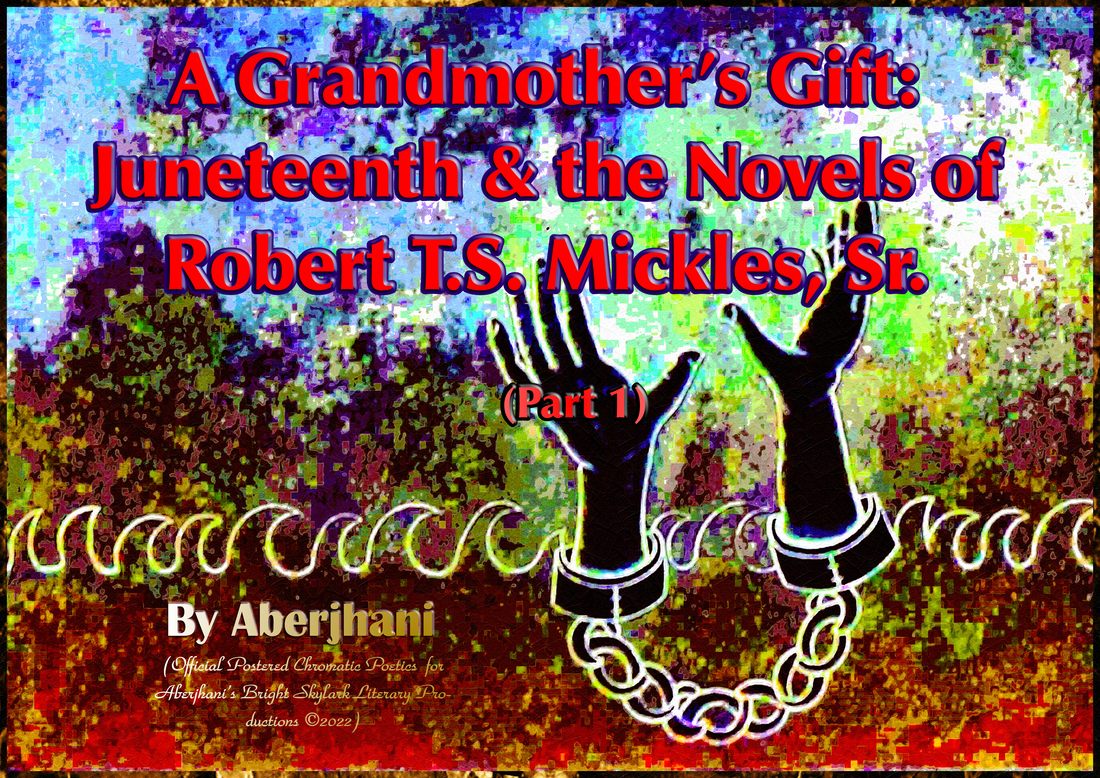
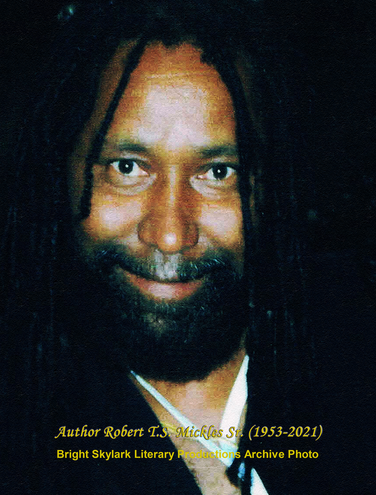
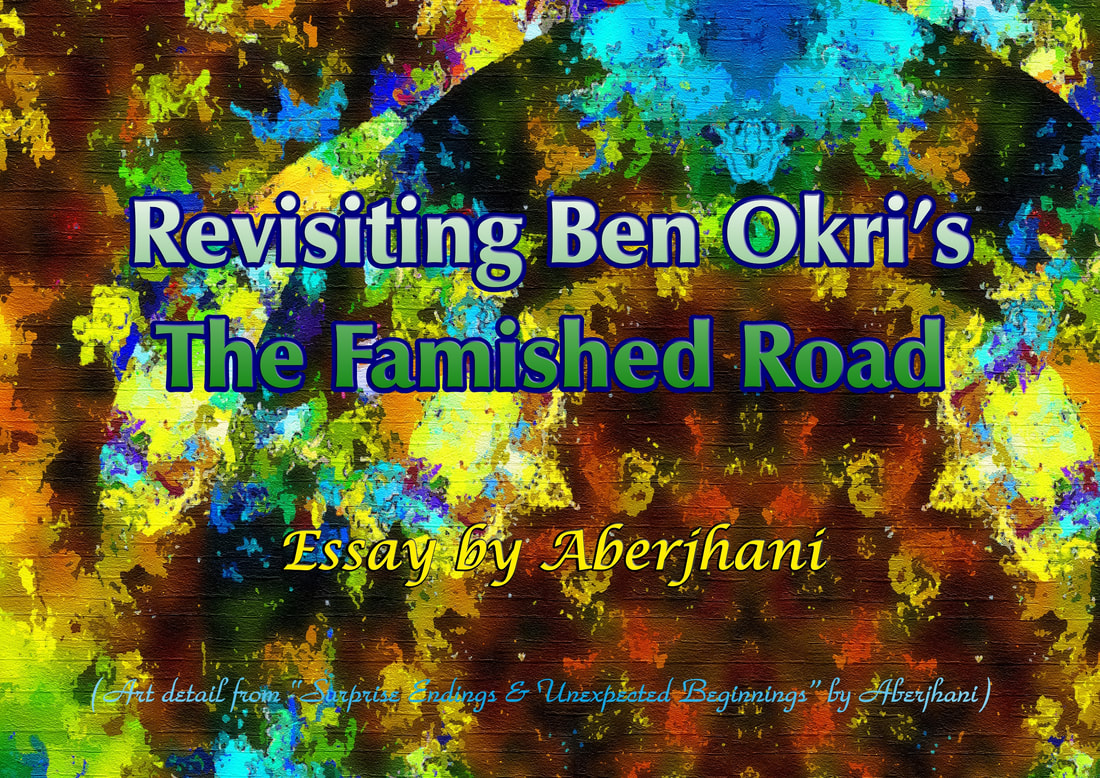
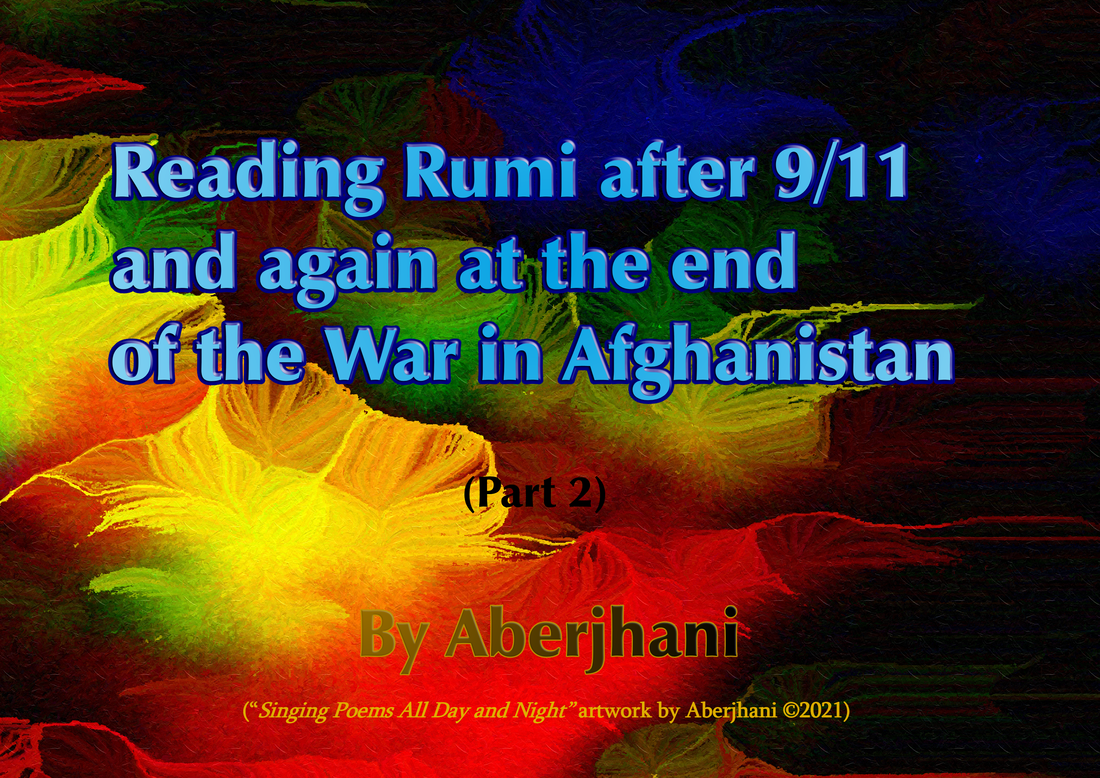
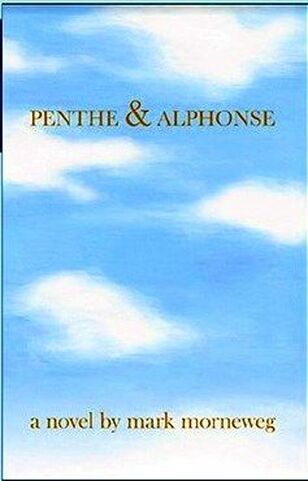
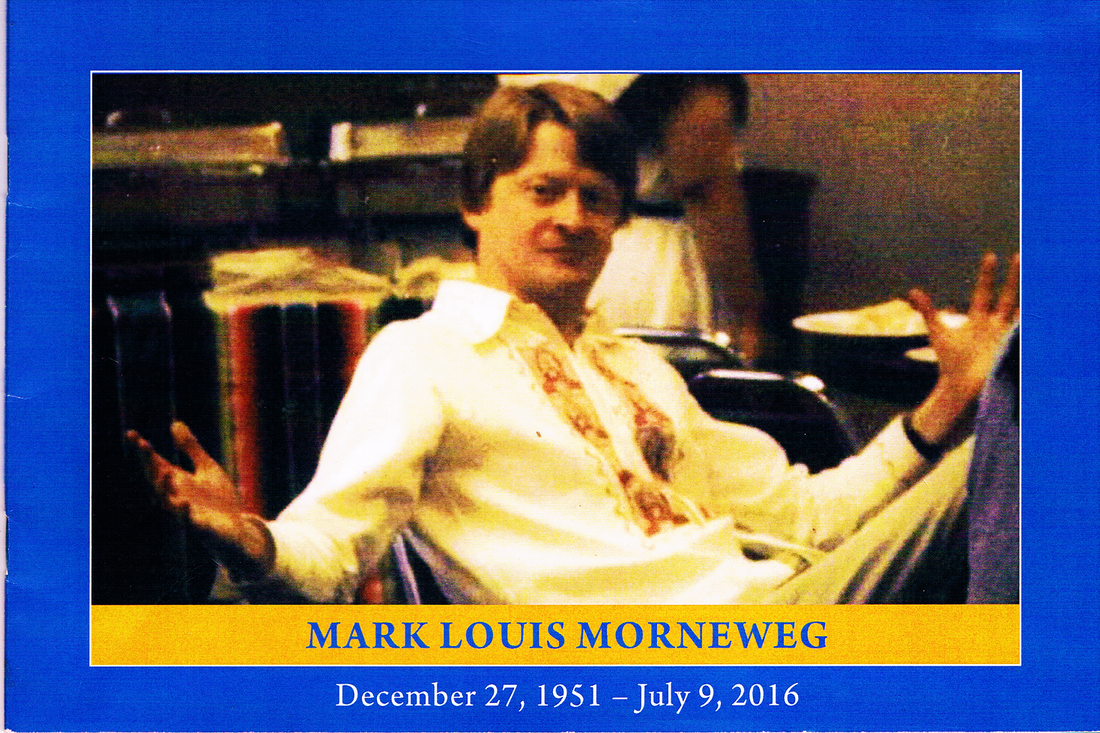
 RSS Feed
RSS Feed